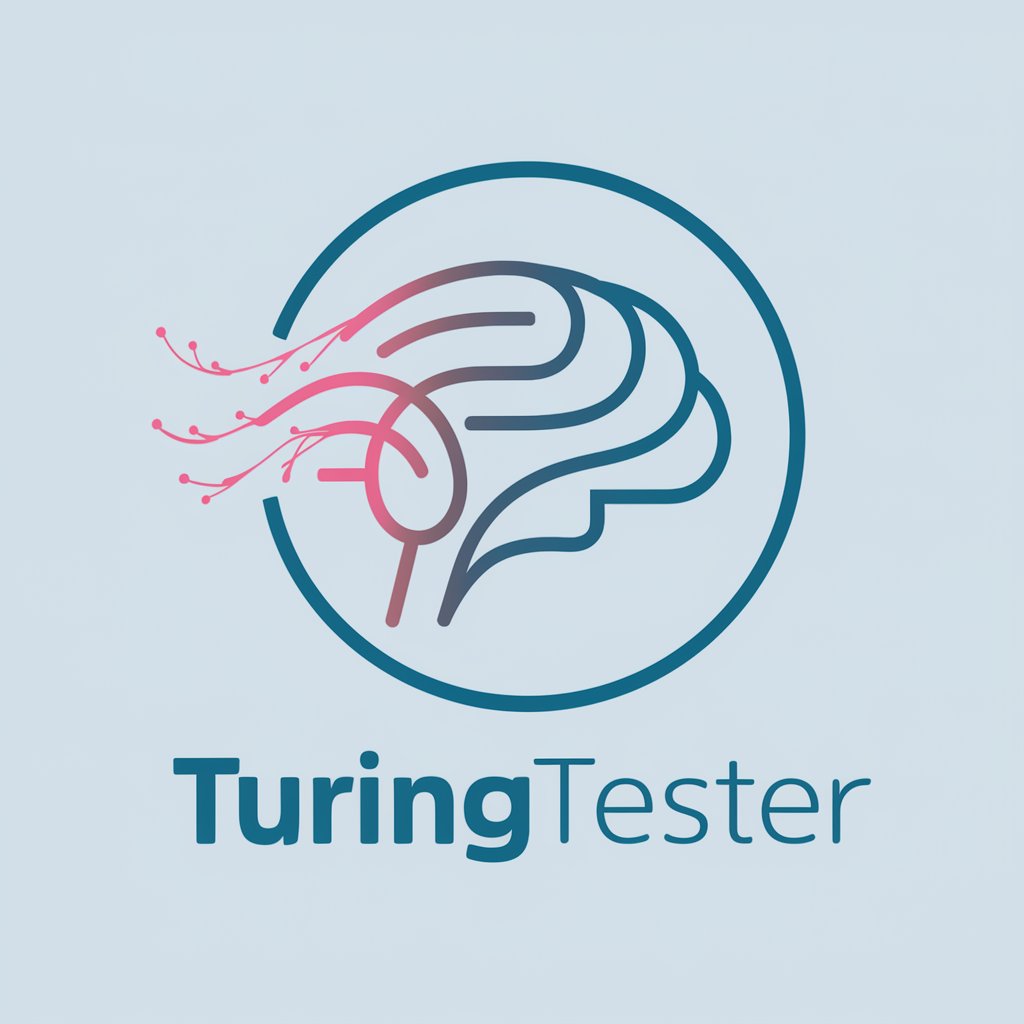14 GPTs for Conversation Training Powered by AI for Free of 2025
AI GPTs for Conversation Training refer to advanced tools powered by Generative Pre-trained Transformers designed to facilitate and enhance the quality of conversational skills. These AI models are specially tailored for training purposes, enabling users to engage in realistic dialogues and scenarios. By leveraging natural language processing and machine learning, these tools provide interactive and adaptive learning environments, making them crucial for developing effective communication skills in various contexts.
Top 10 GPTs for Conversation Training are: マッチングアプリ会話シミュレータ,Charm Chat Coach,Master Flirt,Helen,TuringTester,Flirting expert/撩妹达人,泼皮无赖,ボッチ,関西弁 Teaching GPT,What to say to attractive girls to get dates
マッチングアプリ会話シミュレータ
Enhance Your Dating Conversations with AI

Charm Chat Coach
Empowering Conversations with AI

Master Flirt
Master the art of flirtation with AI

Helen
AI-Powered Conversations, Tailored for You

TuringTester
Experience Human-like Interactions with AI

Flirting expert/撩妹达人
Empower your social interactions with AI

泼皮无赖
Engage, Challenge, and Debate with AI.

ボッチ
Empowering Connections with AI

関西弁 Teaching GPT
Master Kansai-ben with AI-powered Conversations

What to say to attractive girls to get dates
Revolutionizing Dating With AI

Virtual Date
Hone your conversation skills with AI

Ideal Date Simulator
Perfect Your Dating Skills with AI

Social Savvy
Powering Conversations with AI

Key Capabilities of AI GPTs in Conversation Training
These tools are distinguished by their adaptability, supporting a wide range of conversational scenarios from basic interactions to complex, nuanced dialogues. Key features include real-time feedback, language learning enhancements, technical support capabilities, web search integration, image creation for visual learning, and data analysis for personalized learning experiences. Their ability to simulate human-like conversations and provide contextual corrections or suggestions makes them invaluable for conversational mastery.
Who Benefits from Conversation Training AI?
The primary beneficiaries of AI GPTs for Conversation Training encompass a broad spectrum, including language learners, customer service representatives, developers, and professionals seeking to refine their communication skills. These tools are designed to be user-friendly for individuals without programming backgrounds while offering extensive customization for those with technical expertise, ensuring accessibility and adaptability to various learning needs.
Try Our other AI GPTs tools for Free
System Upgrades
Discover how AI GPTs for System Upgrades can transform your tech environment, offering smart, efficient, and tailored solutions for system enhancements and optimizations.
Build Planning
Discover how AI GPTs for Build Planning can transform your construction projects with tailored AI solutions. Enhance efficiency, decision-making, and project management with our advanced tools.
Feature Planning
Discover how AI GPTs for Feature Planning can transform your project management approach with tailored, intelligent solutions designed to streamline the planning process and foster innovation.
Tech Stack Advice
Discover how AI GPTs can transform your tech stack decisions with adaptive, intelligent, and personalized advice for all levels of tech expertise.
Sensitive Screening
Discover how AI GPTs for Sensitive Screening are revolutionizing content moderation with advanced AI, ensuring digital spaces are safe and respectful.
Celestial Identification
Discover the universe with AI GPTs for Celestial Identification: your gateway to exploring stars, planets, and galaxies with ease and precision. Tailored for enthusiasts and professionals alike.
Expanding Horizons with AI GPTs
AI GPTs for Conversation Training are revolutionizing how individuals and organizations approach learning and development. With their ability to simulate realistic interactions and provide immediate feedback, these tools offer a unique advantage in enhancing conversational skills. Additionally, their flexibility and integration capabilities make them a valuable asset in diverse sectors, paving the way for innovative training solutions.
Frequently Asked Questions
What exactly are AI GPTs for Conversation Training?
AI GPTs for Conversation Training are specialized AI models that simulate realistic conversations, providing a platform for users to practice and enhance their communication skills across different scenarios.
How do these tools adapt to different conversational complexities?
Through advanced algorithms, these tools analyze user inputs to generate responses that match the context and complexity of the conversation, enabling a tailored learning experience.
Can novices use these AI GPT tools effectively?
Yes, these tools are designed with user-friendly interfaces that require no prior coding knowledge, making them accessible to novices while also offering advanced features for more experienced users.
Are there customization options for developers?
Yes, developers have access to APIs and programming interfaces that allow them to customize the conversation scenarios, integrate additional datasets, and adjust the model's behavior.
What unique features do these GPTs offer for language learning?
They offer real-time feedback, pronunciation correction, contextual understanding, and cultural nuance training, making them ideal for immersive language learning.
How can these tools benefit customer service training?
By simulating customer interactions, these tools help trainees develop effective problem-solving and empathy skills, crucial for high-quality customer service.
Can these tools integrate with existing training systems?
Yes, they are designed to be compatible with various platforms, allowing for seamless integration into existing training ecosystems.
What measures are in place to ensure data privacy and security?
These tools employ encryption and comply with data protection regulations to safeguard user interactions and personal information.